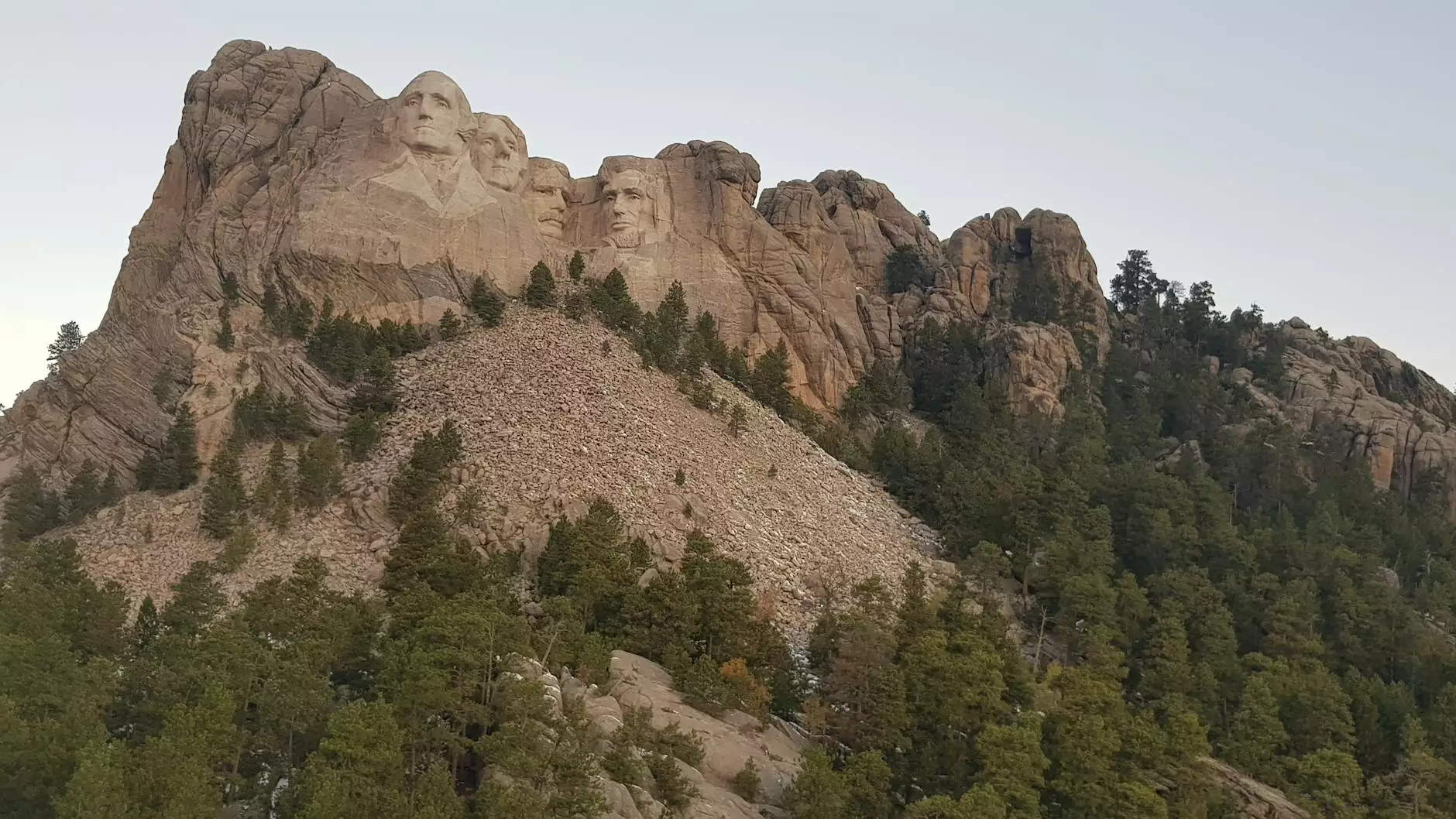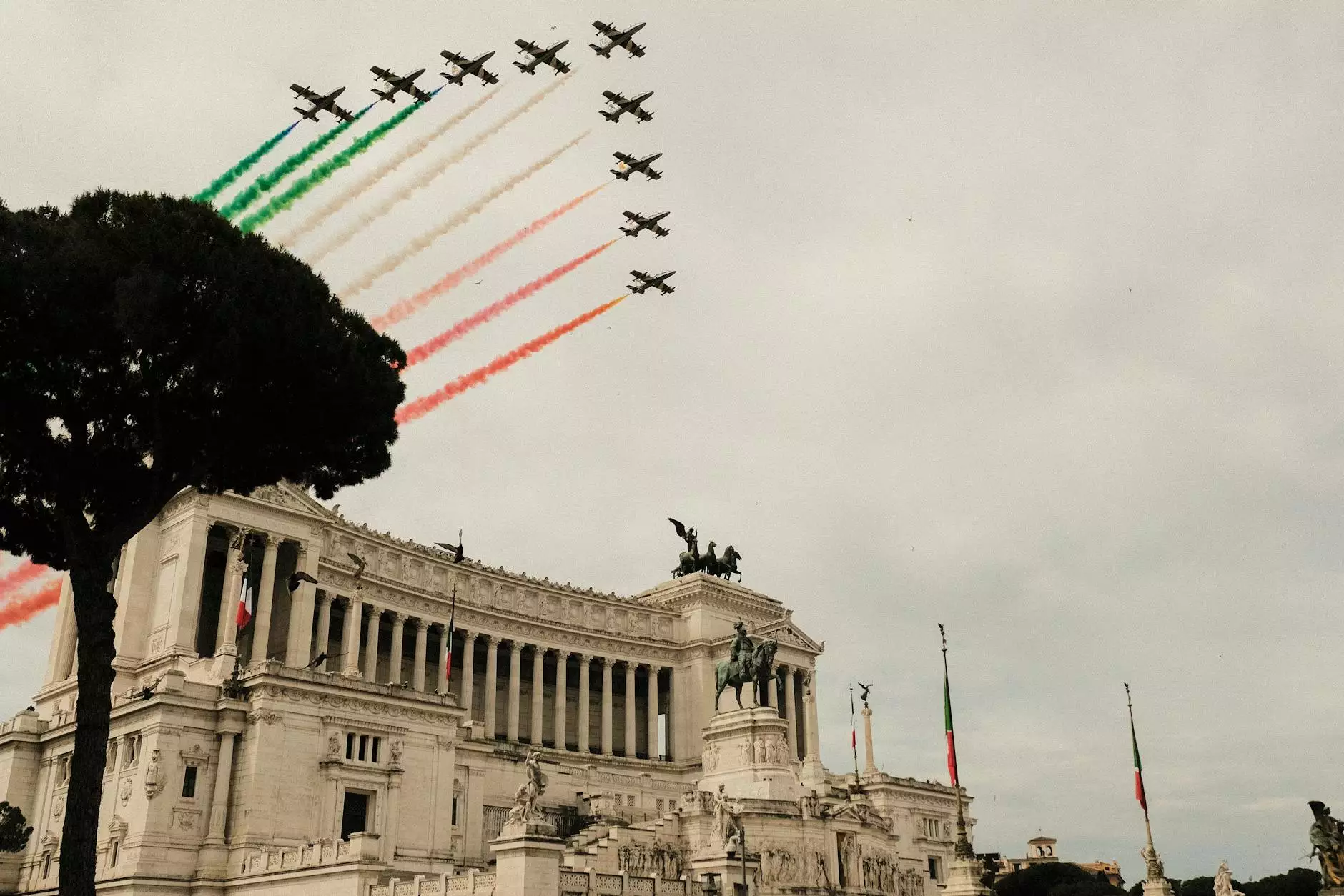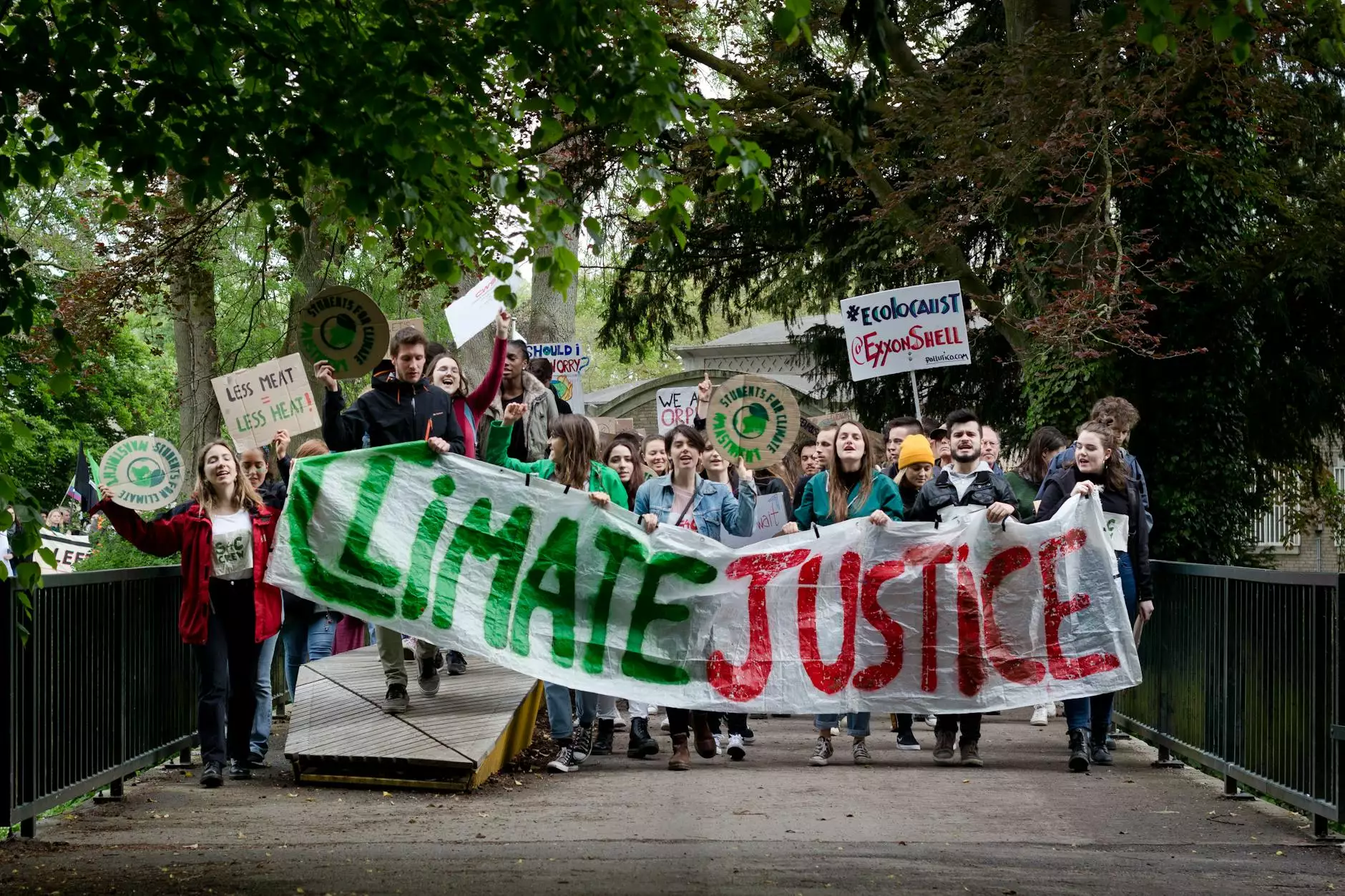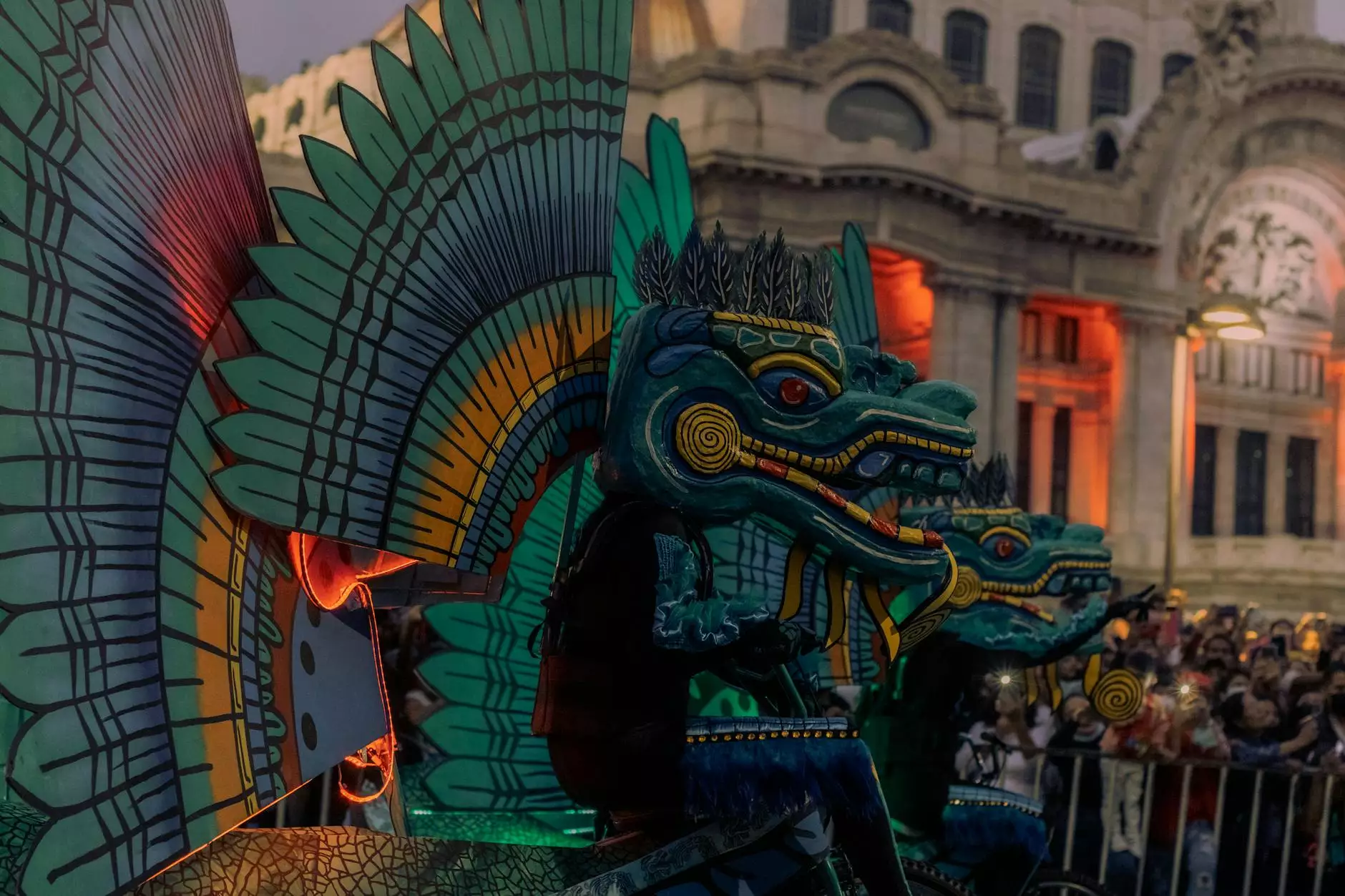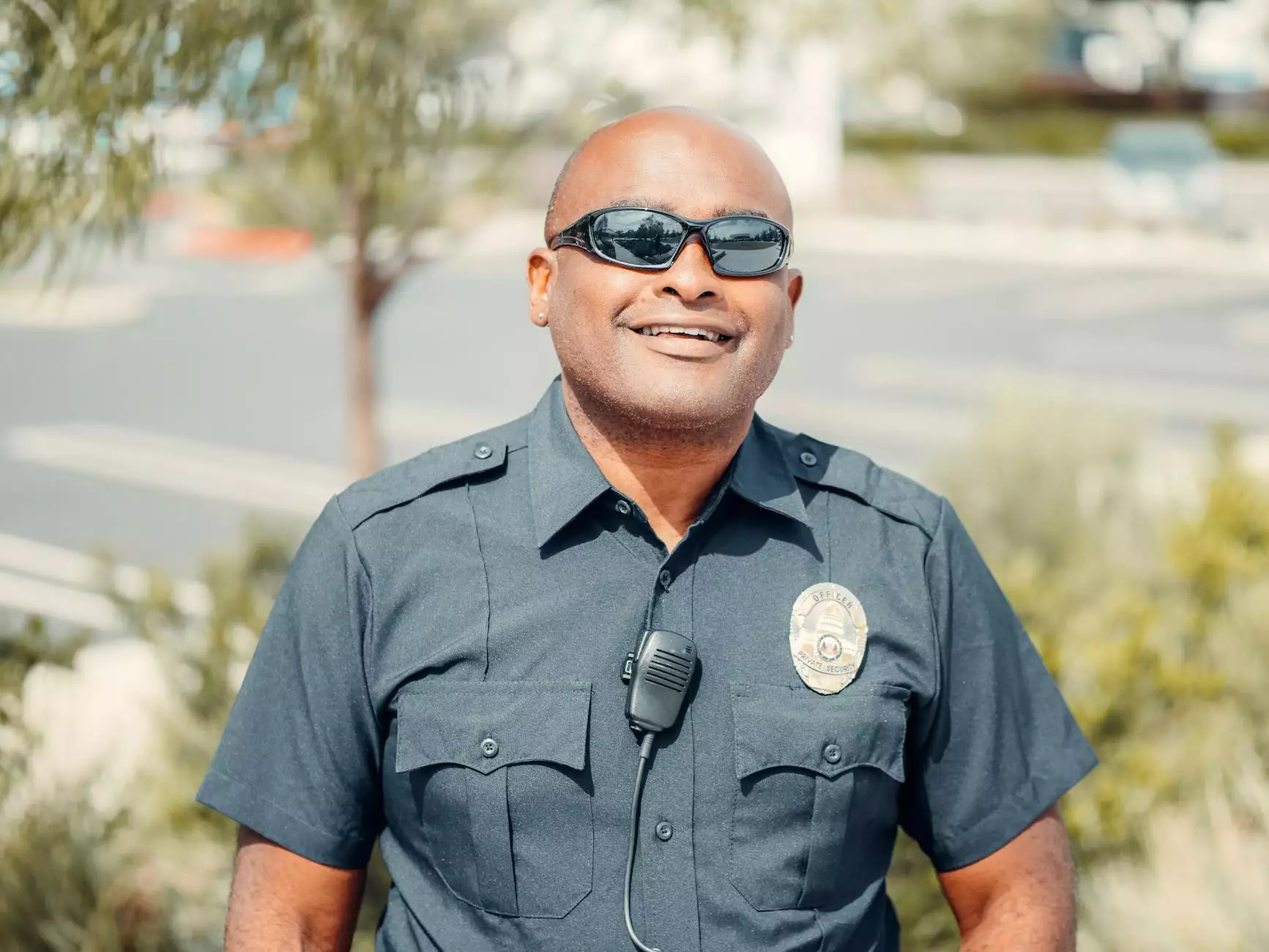1800-1849 - January 18, 1803 - Corps of Discovery
1800-1849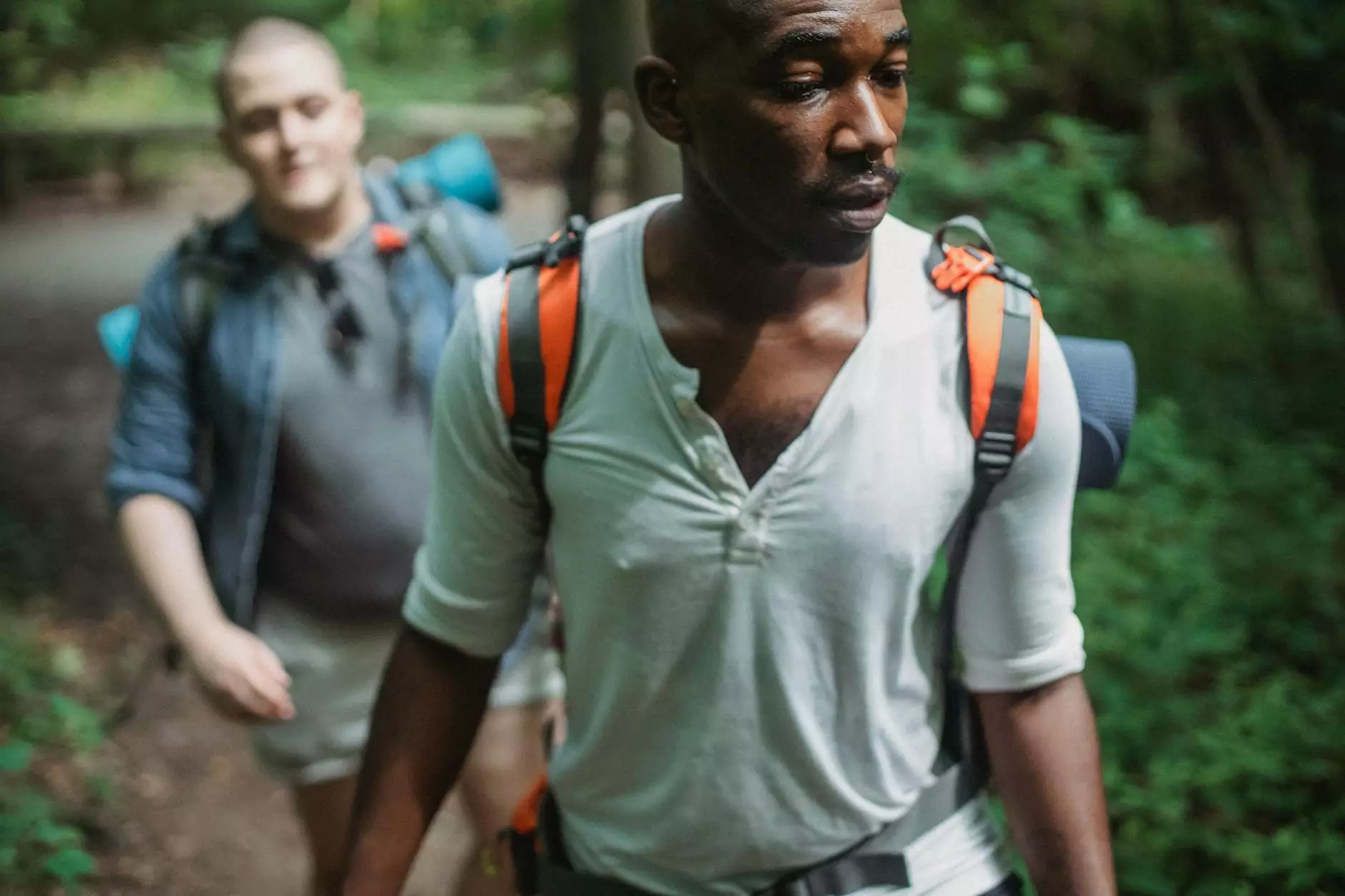
Journey into the Unknown
Welcome to La Historia Society, your go-to resource for exploring significant historical events. Today, we dive into the captivating story of the Corps of Discovery and their monumental expedition that began on January 18, 1803.
The Historic Corps of Discovery
The Corps of Discovery was an exploration team led by Captain Meriwether Lewis and Second Lieutenant William Clark. Commissioned by President Thomas Jefferson, their objective was to explore the newly acquired vast western territory of the United States, known as the Louisiana Purchase.
On that fateful day in January 1803, the Corps of Discovery, comprising a diverse group of skilled volunteers, set out from Camp Dubois, near present-day Wood River, Illinois. Their mission was to navigate the unexplored West, find a water route to the Pacific Ocean, establish trade with Native American tribes, and gather scientific knowledge of the land and its resources.
The Arduous Journey Begins
Leaving behind the comforts of civilization, the Corps faced numerous challenges as they ventured into the uncharted territory. They encountered treacherous terrain, extreme weather conditions, unfamiliar flora and fauna, and unforeseen hardships that tested their resilience and determination.
With unwavering commitment, the Corps pressed forward, forging paths through dense forests, scaling towering peaks, and navigating treacherous rivers, including the iconic Missouri River. Their journey covers vast lands that now belong to present-day states such as Montana, Idaho, Washington, and Oregon.
Meeting Native Cultures
As the Corps journeyed westward, they met various Native American tribes, establishing both diplomatic relationships and an exchange of knowledge. The encounters with tribes such as the Sioux, Mandan, Nez Perce, and many others enriched their understanding of the region's diverse cultures, traditions, and customs.
Exploratory dialogues, cultural exchanges, and the guidance provided by Native American guides like Sacagawea proved invaluable to the success of the mission. It was through these interactions that the Corps learned important survival skills, gained invaluable geographical insights, and fostered an enduring sense of respect for the indigenous peoples.
Scientific Contributions
One of the central objectives of the Corps of Discovery was to conduct scientific observations, collecting data on the landscape, wildlife, plants, and natural phenomena they encountered during their journey. The expedition produced extensive documentation that significantly contributed to the understanding of the American West.
Along their route, Lewis and Clark meticulously recorded observations on the flora and fauna, geology, weather patterns, and celestial phenomena. They documented new species, identified various rock formations, and expanded knowledge in fields such as botany and ornithology. Their meticulous records continue to be invaluable to scientists, historians, and researchers today.
A Legacy of Courage and Exploration
The monumental expedition of the Corps of Discovery not only fulfilled its initial objectives but also paved the way for further expansion and settlement of the American West. Their journey opened doors to new opportunities, fostering connections and trade routes that shaped the course of American history.
Today, we commemorate the bravery, perseverance, and the remarkable achievements of the Corps of Discovery. Their legacy serves as a testament to the human spirit's boundless curiosity, the pursuit of knowledge, and the spirit of exploration.
Explore History with La Historia Society
La Historia Society is dedicated to bringing you the fascinating stories and in-depth insights that empower you to truly understand and appreciate the historical events that shaped our world. With our rich content and comprehensive resources, we aspire to captivate and inspire the curious minds of our readers.
Join the Community
At La Historia Society, we believe in the power of community. Connect with like-minded individuals passionate about history, engage in meaningful discussions, and share your own insights and experiences. Together, we can continue to unravel the captivating tapestry of human history.



